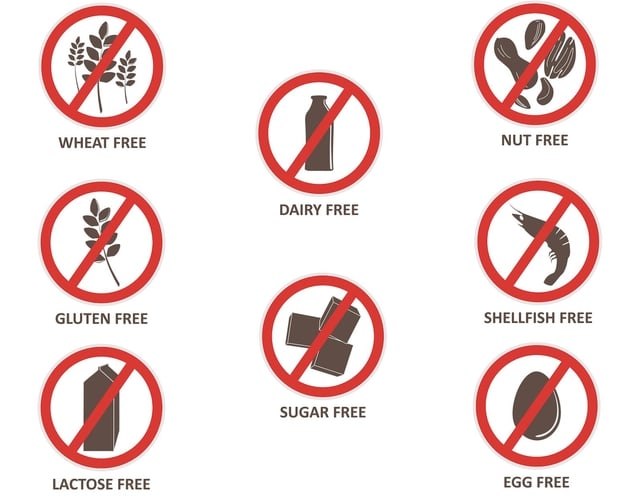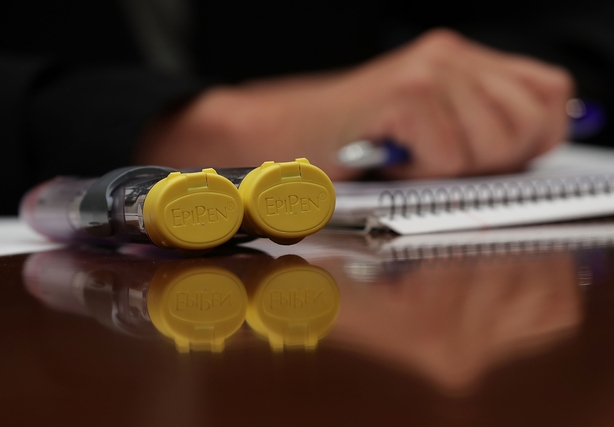Arlene Harris had a nightmarish scenario while on holidays with her family; her son suddenly went into anaphylactic shock after being served a meal containing traces of nuts.
Although Arlene discussed her son's allergies with the staff and had her trusty Epipen at the ready, the experience shook her.
She joined Sean O'Rourke on RTÉ Radio 1 in August to share this traumatic experience. She wants her sobering experience to act as a warning for other families, and perhaps policy makers at government-level as well. Dr. Paul Carson joined the conversation to share his knowledge, concern and expertise.

Sean asked Arlene to explain exactly what happened to her son:
"Well first of all, within less than a minute his lips started to go blue, his face changed colour and started swelling, he said he felt his throat was beginning to close up."
"You have to act immediately and what felt like twenty minutes was probably twenty seconds. I had the pen out and actually administered it into the top of his thigh but it felt like a lifetime for that to actually happen, to give the life-saving injection."
Arlene then went on to explain how she had prepared for the experience:
"I've never actually had to do it before" she admitted, "He's had allergies before where you just give some anti-histamines but he's never had the anaphylaxis."
"We've practised with a fake pen, a dummy pen, but when you're faced with the reality... Prior to this you never think you'll be able to do this but when its there in front of you, you have no choice but to act as fast as possible."

After going into anaphylactic shock, a patient must receive immediate medical attention even if the Epipen has been administered to open the air ways. The immediate danger may be gone but the patient will still need to be monitored by medical professionals for several hours.
Dr. Paul Carson, an allergy specialist spoke to Sean on the show saying:
"6% of the population has the potential for anaphylaxis. The rate of allergies is soaring; 24% of the population has allergies full stop, usually breathing allergies affecting the nose and sinuses and lungs, but food allergies are a small group about 6%."
"That's increased a great deal, maybe ten years ago it might have only been 2% of the population, now there's maybe one child in every class room with a significant food allergy where they have to physically bring with them one of these injectable medicines."
Dr. Carson explained the science behind anaphylactic shock and described what the body goes through:
"Sometimes it can be as simple as biting on a peanut, realising that you're in trouble because you have an instant sensation of tingling and itching in the mouth, and spitting it out."
"You may not even swallow the peanut but it sets off a cascade of allergic challenges throughout the body, it starts off where you physically bit on the peanut where little cells in the throat and the mouth begin to release a range of chemicals which in turn cause swelling; swelling of the tongue, swelling of the lips and, more importantly, swelling of the throat. The ability to breathe past that swelling of the throat can be significantly compromised."

Sean O'Rourke went on to speak with Dr. Carson about the lack of resources available to the public in both the UK and Ireland, the warning signs that you or your children may have an allergy, the surge of allergies in Ireland and the possibility of the HSE keeping Epipens in public spaces.
Listen to Arlene and Dr. Carson's full interview with Séan O'Rourke above.


